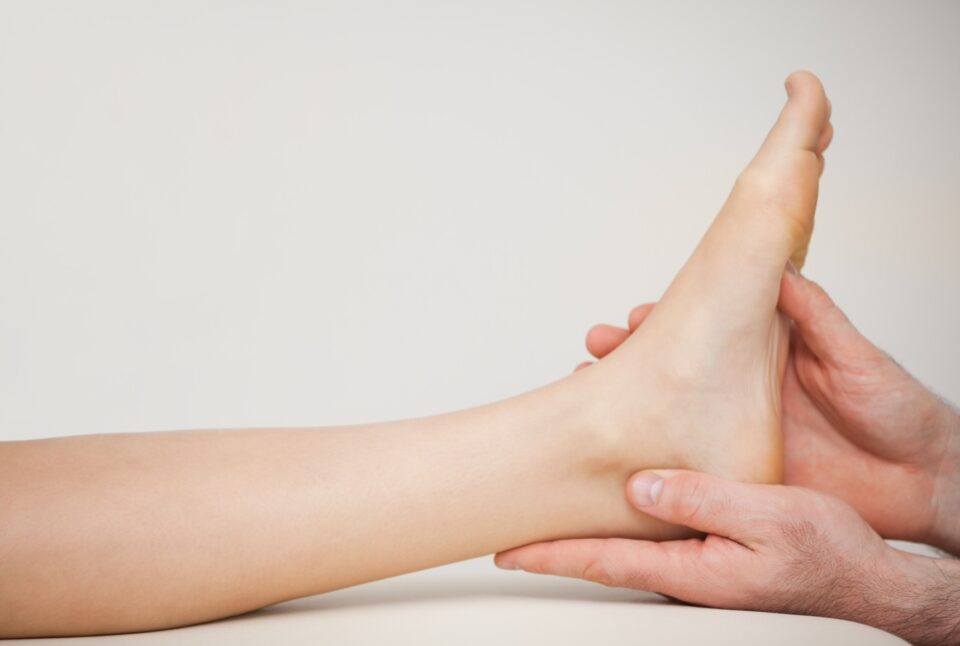Are you experiencing excruciating foot pain but don’t know what to do? You may be wondering if any specialist can help. Well, let us introduce you to the world of chiropodists. With specialized treatments, they can help you alleviate your foot issues and restore your mobility.
What is a Chiropodist?
A chiropodist, also known as a podiatrist, is an expert in the diagnosis and treatment of foot and ankle ailments. They provide general health care for people with any type of foot disorder. These include simple everyday problems like corns, calluses, toenail infections, ingrown toenails, and athlete’s foot. As well as specialized materials and treatments in order to treat more serious issues such as neuromuscular disorders, fractures, or severe muscle spasms that can affect feet and ankles.
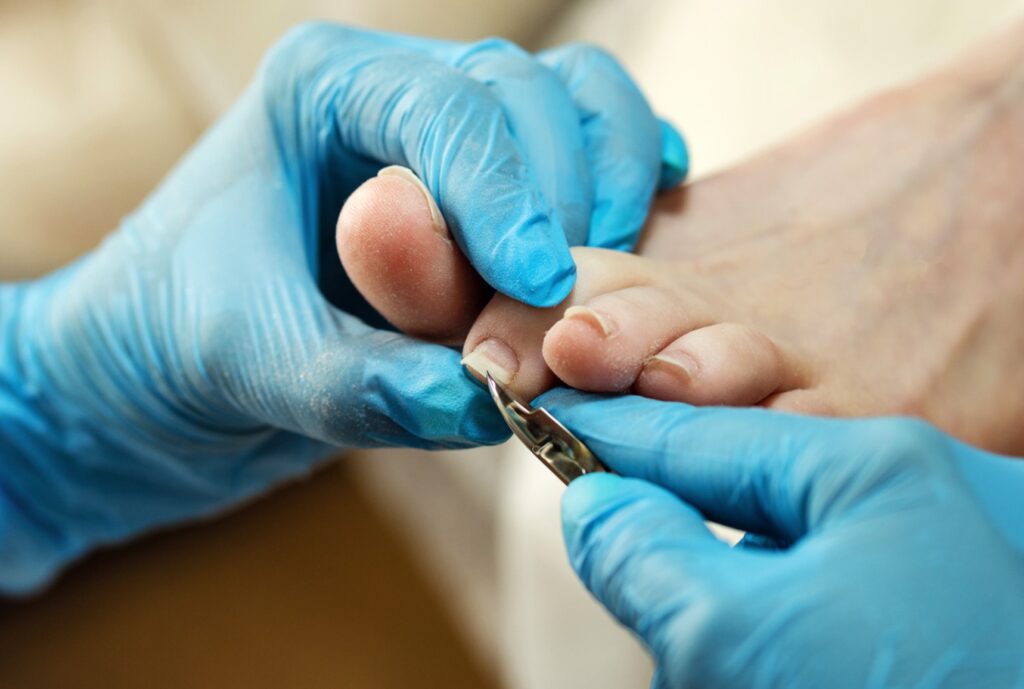
Tips for Finding the Right Chiropodist
If you find yourself googling “is there a chiropodist near me”, here are some essential tips to help you make an informed decision.
- Do research: Gather information on different experts before deciding which one is right for your needs. Read online reviews, ask family and friends for recommendations, and research each provider’s credentials and qualifications to ensure they are well-qualified to treat your foot issue.
- Ask questions: During any consultation or appointment with a chiropodist, make sure you feel comfortable asking questions and discussing any concerns you may have about the treatment plan or what results can reasonably be expected from a chiropody session.
- Feel comfortable: It’s important to ensure that you’re in good hands when it comes to professional foot health care, so always be sure to choose a chiropodist who makes you feel comfortable and whom you trust. Make sure that the procedure meets all safety protocols, such as protective wear (gloves, masks) as this will go a long way in providing peace of mind when seeking foot care services.
- Understand expectations: Have a detailed conversation with your chosen expert regarding an appropriate timeline for achieving desired results — whether it’s finally giving up the use of orthotics or wearing more fashionable shoes without pain — and understand realistic expectations along the way that are aligned with both short-term and long-term personal goals in terms of foot health rehabilitation success measures.

Common Foot Issues Treated by a Chiropodist
Common conditions that chiropodists treat include:
-Athlete’s foot: This common fungal infection causes itchy, flaky skin on the soles of the feet. It can be treated with creams or oral medications prescribed by a chiropodist.
-Corns and calluses: These areas of thickened skin are caused by pressure from shoes or abnormal walking patterns and can be painful. Professional removal at regular intervals followed by properly fitted shoes may help reduce their recurrence.
–Ingrown nails: When nails grow into the surrounding skin, they can cause pain and irritation. A chiropodist will remove part of your nail to reduce symptoms and help prevent future infections.
-Bunions/hammer toes: Both bunions (an enlargement/bump near the base of the big toe) and hammer toes (in which toes bend abnormally) often require professional treatment to relieve pressure on tendons and joints around the affected area.
-Plantar fasciitis/heel spurs: Inflammation of tissue in the heel can cause intense pain in some cases; cortisone injections may provide temporary relief while orthotic devices created by your chiropodist can help correct posture when walking and running to prevent recurrences
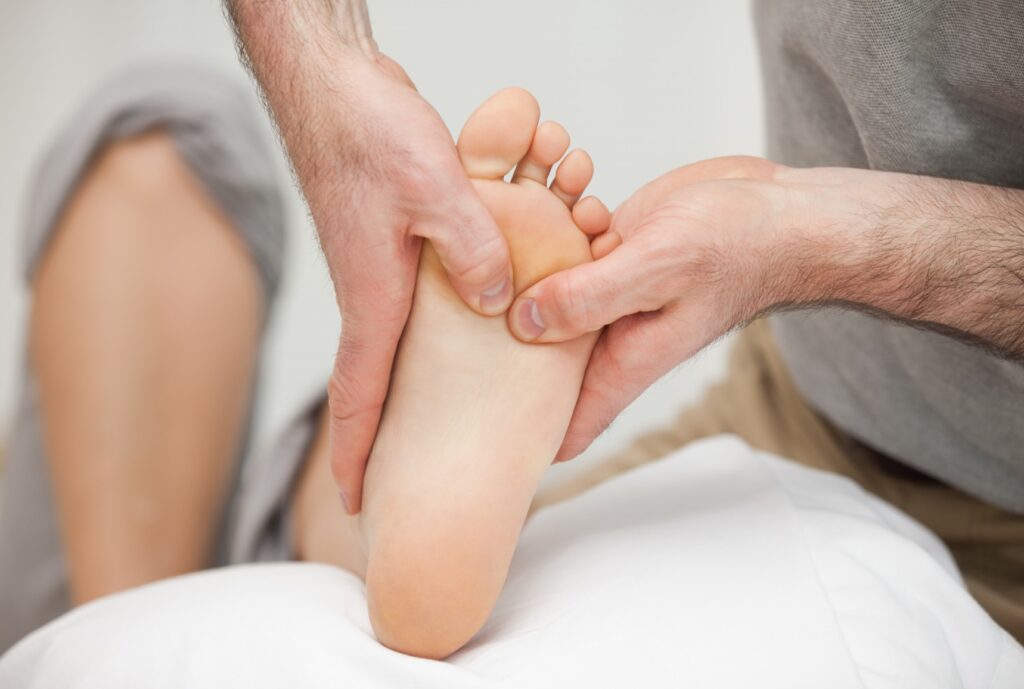
Benefits of Seeing a Chiropodist
Seeing a chiropodist for foot pain or issues provides many benefits. Not only this kind of expert can diagnose and treat conditions of the feet, but they can also help to prevent future problems from occurring by providing assessments and advice.
They are trained healthcare professionals specializing in the assessment, diagnosis, and treatment of foot and lower limb disorders. They can provide comprehensive patient care using a variety of methods including x-rays, orthotics (shoe inserts), footwear advice, and splinting/bracing as well as manual treatments such as massage and mobilization to reduce pain and restore function.
Furthermore, they can also offer general advice on how to maintain healthy feet including the importance of trimming nails correctly, and advice on the most suitable form of footwear for any given foot type or condition. In some instances, a referral may be necessary for further investigations such as diagnostic ultrasound scans or CT scans which may be arranged with a specialist depending on your complaint or condition. In short, then seeing a chiropodist can help you overcome long-standing painful issues while at the same time helping you prevent any related problems in the future from arising again.
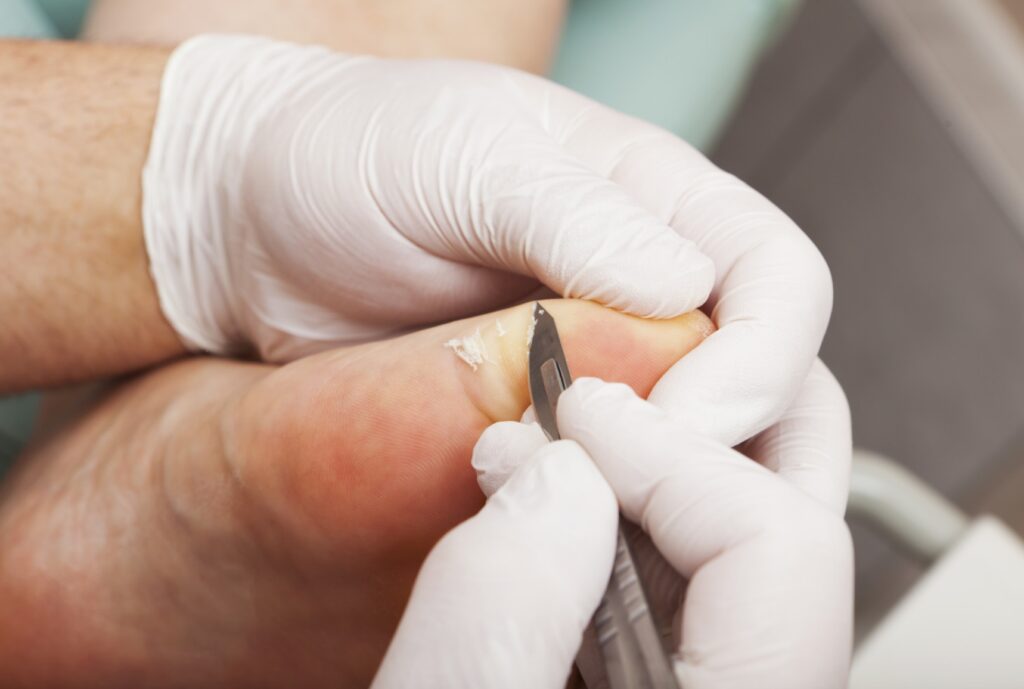
Potential Risks of Seeing a Chiropodist
Like any medical professional, the potential risks of seeing a chiropodist must be considered. Although very rare, potential risks include worsening of existing symptoms, bruising, bleeding, swelling, and reactions to anesthetic. Also, in some cases, inappropriate treatment may result in a small number of chiropodists exacerbating existing conditions or even creating new ones.
It is important to always use a registered expert for your treatment as opposed to an unqualified practitioner that may not be aware of some of the potential risks involved with manipulation and other procedures. It is also wise to discuss any medical history with your chiropodist before treatments start and adhere to the aftercare advice they provide. Additionally, you should look for the CCPF accreditation logo when selecting your chiropodist.
By following these simple steps you can ensure safe and effective treatments are undertaken by experienced and certified professionals that specialize in foot care problems.
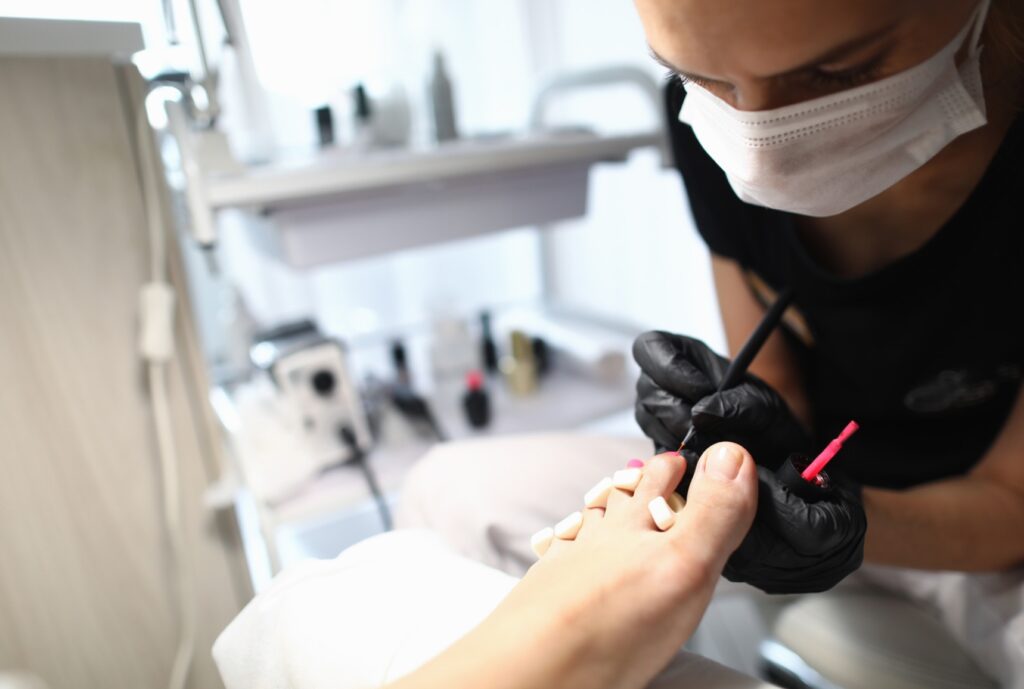
Conclusion
Overall, chiropody is a key part of achieving and maintaining foot health. The treatment approach should always be tailored to the individual, but having access to specialized care can help you restore mobility, reduce pain, and increase function throughout your feet. By working with a qualified chiropodist, you can improve your lifestyle, and quality of life and maintain long-term foot health.
If you are experiencing ongoing or long-term issues with your feet, it may be best to seek the advice of a chiropodist for proper assessment and treatment.

